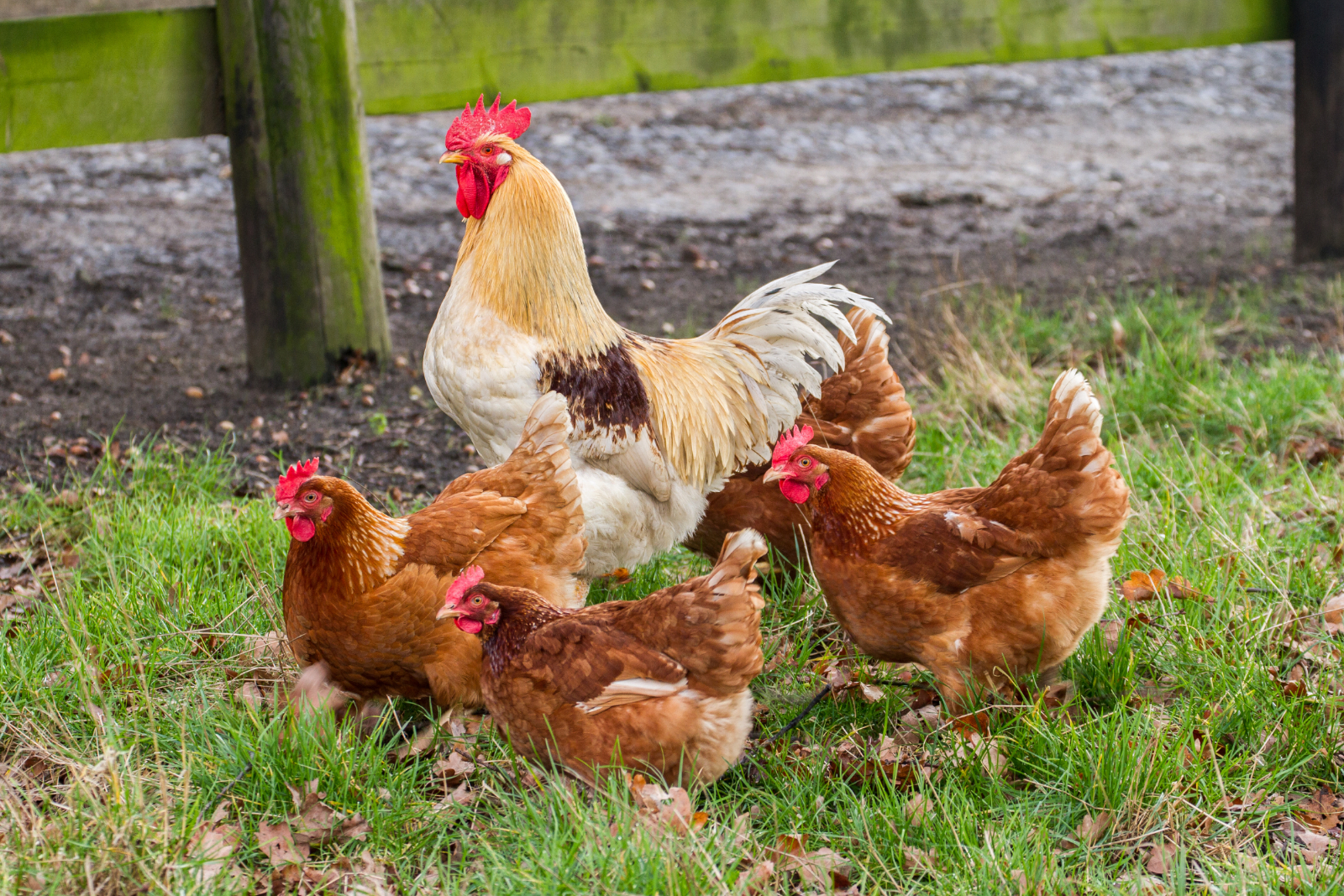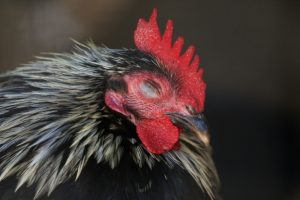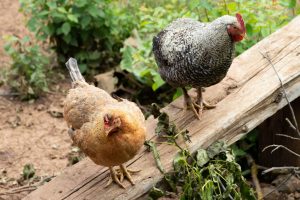Good news for backyard chicken keepers: hens will lay eggs whether there’s a rooster around or not. Just like human females release eggs as part of their natural reproductive cycle, hens produce eggs regularly without any male involvement.
How Egg Production Works
Hens start laying eggs when they reach maturity, typically around 18-24 weeks of age. Their bodies naturally produce eggs through a process called the laying cycle, which happens regardless of whether they’ve ever seen a rooster. This cycle occurs approximately every 24-27 hours when hens are in their prime laying years.
The Difference Between Fertilized and Unfertilized Eggs
Eggs from hens without a rooster are unfertilized but perfectly edible. These eggs contain everything they need to become an embryo except the rooster’s genetic material. When cooking and eating, there’s no difference in taste, nutrition, or appearance between fertilized and unfertilized eggs.
When a rooster is present and mates with a hen, the eggs can become fertilized. However, proper embryo development only occurs under specific incubation conditions – the right temperature, humidity, and regular turning. If you collect your eggs daily, they won’t start developing – even if they’re fertilized.
Benefits of a Rooster-Free Flock
Keeping chickens without a rooster offers several advantages:
- Quieter environment, since roosters crow throughout the day
- More peaceful flock dynamics
- Fewer space requirements
- Lower feed costs
- No concerns about aggressive rooster behavior
When to Consider Adding a Rooster
While roosters aren’t necessary for egg production, they can serve valuable roles in certain situations:
- Protecting the flock from predators
- Maintaining social order among hens
- Fertilizing eggs for hatching chicks
Making the Right Choice for Your Situation
The decision to keep a rooster depends entirely on specific goals and circumstances. For those focused primarily on egg production, a rooster-free flock makes perfect sense. Local regulations often restrict or prohibit keeping roosters in residential areas, making the choice straightforward for many backyard chicken keepers.
Starting with a females-only flock allows time to gain experience with chicken keeping before potentially adding a rooster later. When purchasing chicks or young pullets, work with reputable suppliers who can provide sex-verified birds to ensure a rooster-free flock.
The Bottom Line
Hens will happily lay delicious, nutritious eggs without any rooster involvement. This natural process happens as part of their regular laying cycle, producing the same high-quality eggs whether fertilized or not. For most backyard chicken keepers who want daily fresh eggs, a rooster-free flock provides all the benefits of chicken keeping with simplified management and fewer complications.
Proper nutrition, clean water, comfortable housing, and regular care matter far more for egg production than the presence or absence of a rooster. Hens will reward this care with a steady supply of fresh eggs, all without any rooster required.





0 Comments